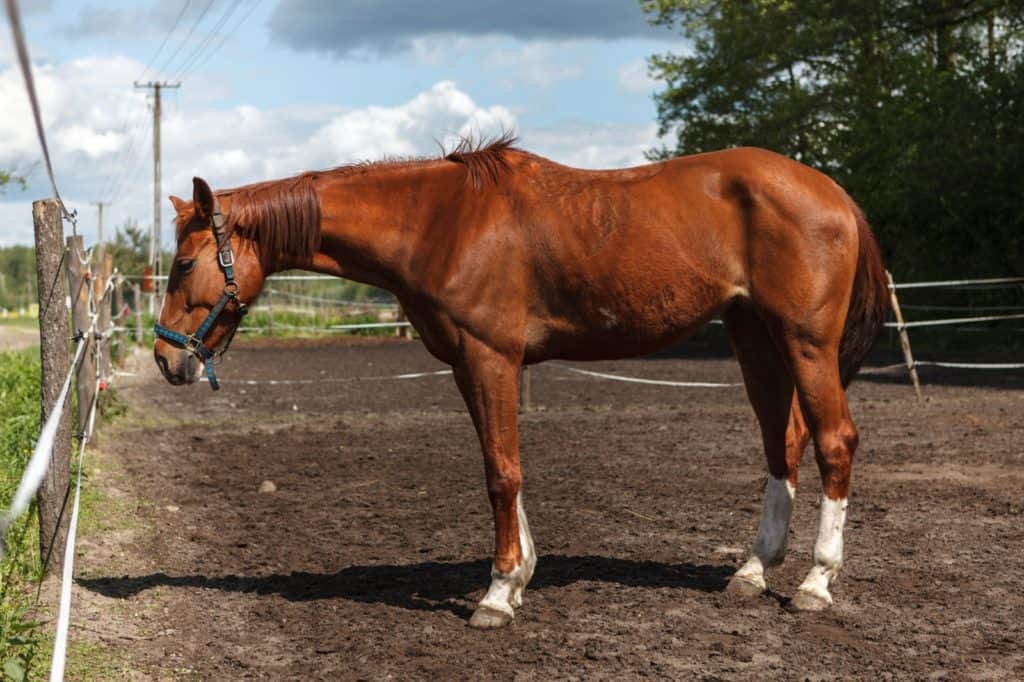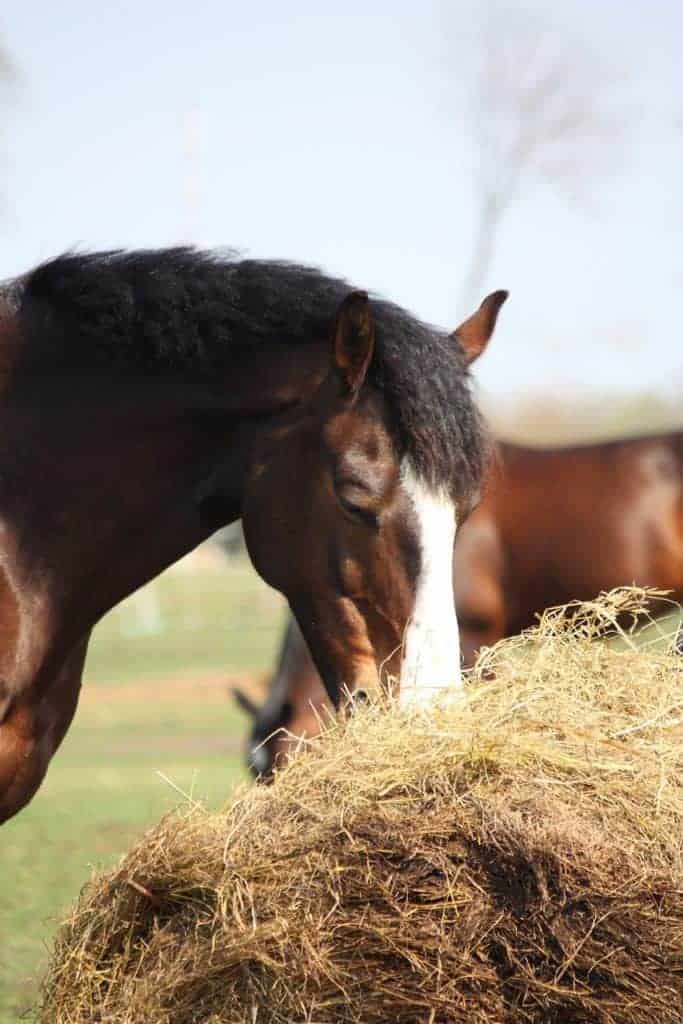
Winter Worries: Plan Ahead for Common Cold-Weather Problems
Take steps to help ensure your horse has everything he needs to stay healthy and happy when the weather changes.

Take steps to help ensure your horse has everything he needs to stay healthy and happy when the weather changes.

Adding supplementary fibrolytic enzymes to horses’ diets could help maximize digestibility and nutrient utilization.

From managing joint health to nutrition and dental issues, learn how to help your old horse conquer the cold.

My 25-year-old Thoroughbred has had trouble keeping weight on after a stroke. How can I help him?

Current treatment options can be successful but only with sufficient veterinary support and advice, researchers found.

Work with your veterinarian or equine nutritionist to ensure your horse’s diet is balanced heading into the new year.

From toxins and molds to opossum droppings and animal carcasses, forage can contain a variety of harmful contaminants.

A recent survey suggests that many horse owners have a poor understanding of equine nutrition.

My stallion ate a piece of netting off a roll of hay. Will it pass through his system?

Growing horses require specific nutrients, vitamins, and minerals to aid in proper development.

Here’s how to help your horse make the switch from pasture to hay as easy and healthy as possible.

Moldy hay can can contribute to several respiratory problems in horses, the most important of which is heaves.

Here’s what to monitor in order to keep your hay supply and the structures it’s stored in safe.

Learn about the 21 amino acids that form proteins in your horse’s body and why they’re crucial to his health.

Testing confirmed cantharidin in a single load of hay. The contamination has been linked to the deaths of six horses.

Being prepared in advance can help horse owners handle this scary situation as well as possible.
Stay on top of the most recent Horse Health news with
"*" indicates required fields